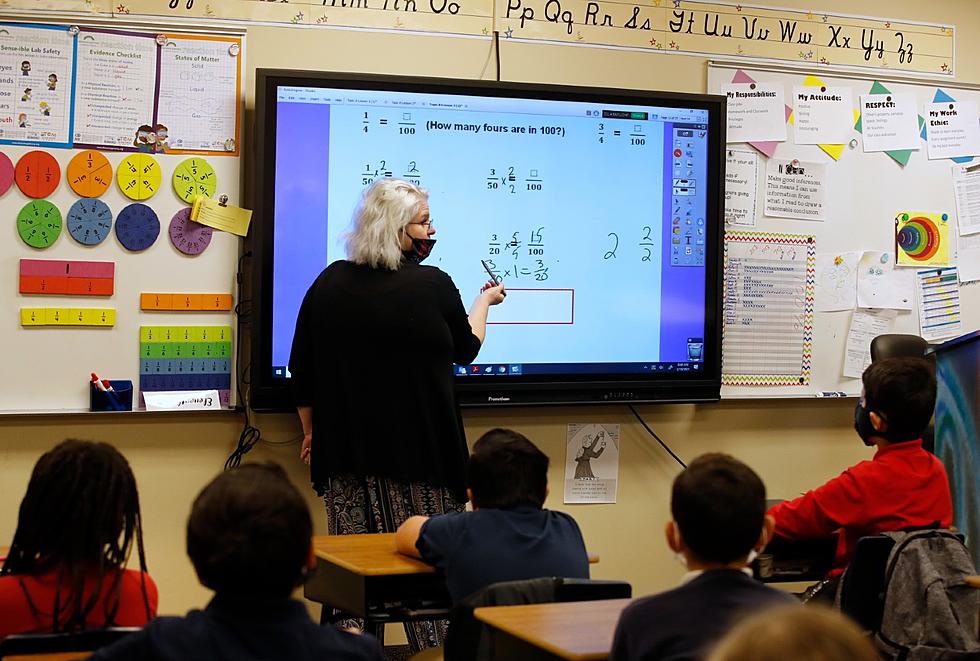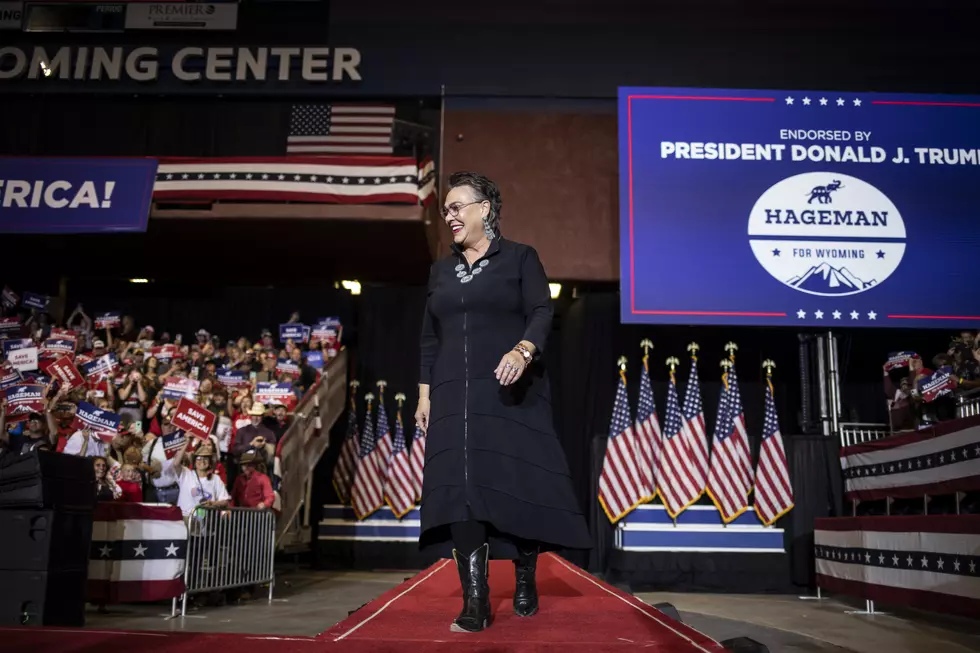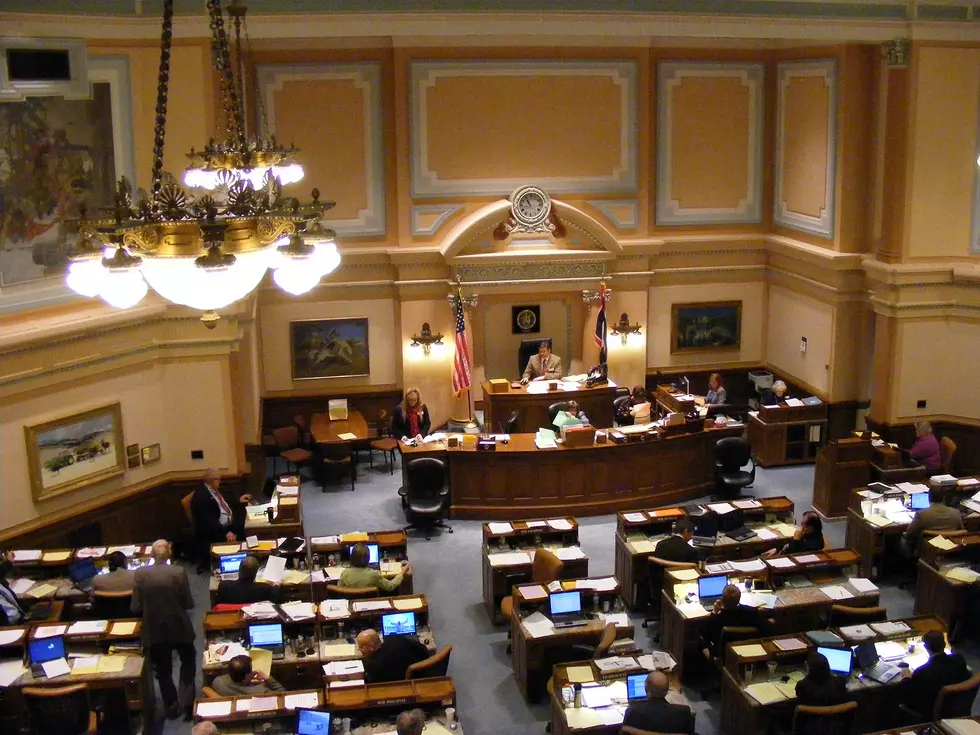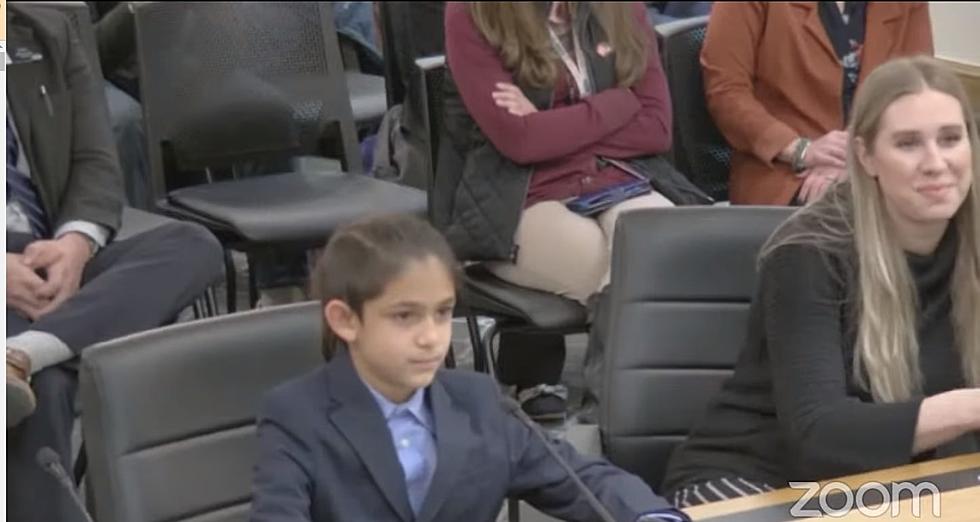
Transparency Plays a Greater Role in Wyoming Critical Race Theory Bill
On Friday, Wyoming state Senator Dan Dockstader and Ogden Driskill released a draft legislation, along with State Superintendent of Public Instruction Jillian Balow, that they say would improve transparency in school's curriculum, while requiring teachers teach certain topics.

While the bill does not mention critical race theory, as listed in the current draft legislation, part of a press release put out on the draft does include a quote from Balow denouncing critical race theory.
"K-12 classrooms are not an appropriate forum for radical political theory such as CRT. But it is not enough as state leaders to say what shouldn’t be taught, we also need to help school districts with what should be taught."
Driskill said that the bill could address critical race theory, but it could also be used by parents to address any subject that they may not want their kids learning about.
"Without a doubt it gives you that tool to deal with critical race theory if it's being put in the system. But it's way more in depth, it deals with any subject. If you're clean energy oriented or coal oriented, it gives you a chance to look at the curriculum and see what the teachers are teaching. We all know clean energy and coal are much closer to us in Wyoming than critical race theory."
Driskill said while the bill does include some guidelines related to what teachers should teach, he also believes schools could do more to teach Native American history.
"We had a bill that says we were going to teach Arapaho and Shoshone history in classes. I made a move when we did it to say no, let's teach Native American history. There's dozens, if not multiple dozens of tribes in Wyoming, we should be equal and treat them all fairly...21 tribes claim Devil's Tower, so to me, if we're going to talk about Native Americans, I want to talk about all 21 of them...Some teachers may want to skip over the Native American piece of it a little bit, go to when the white people came. They're all there, they're all pieces, and I don't dismiss the importance of any of them."
At a press conference, Balow said that the bill, unlike other bills passed or proposed in various states, does not ban the teaching of certain topics or require the teaching of other topics.
"This bill, unlike others in the nation that I've seen that have either been contemplated or passed, is not an attempt to ban material, to dictate what should be taught locally, to take away decision made by local communities and locally elected school boards. This bill is firstly and most importantly about transparency of a government entity, our public schools...In no way does this bill curtail or steer away from teaching about difficult topics like slavery or the maltreatment of certain groups of Americans throughout our history, as a state or a country."
Balow said she talks with constitutes across the state who have expressed concerns, and support, for critical race theory being taught in schools.
"I am in communities all the time, and it is becoming rare that someone doesn't express a concern to me about this topic...We've heard a little bit on both sides, but it's been overwhelming been concerns with CRT related issues or topics being taught in classrooms. With a few proponents of critical race theory sprinkled in there."
The Wyoming Education Association President Grady Hutcherson put out a statement that said, in part, that the requirement to post all the content teachers use is an unnecessary burden on educators.
"Being overly prescriptive by attempting to legislate strict adherence to cataloging all materials used to support lessons is unrealistic and burdensome red tape and takes away quality teaching time with students...Wyoming’s educational standards are painstakingly, meticulously developed by education professionals with input from community stakeholders, including parents. These standards are readily available and already allow for the transparency in education this bill attempts to provide."
6 Things To Do To Get Your Kids Ready To Go Back To School
More From Wake Up Wyoming









